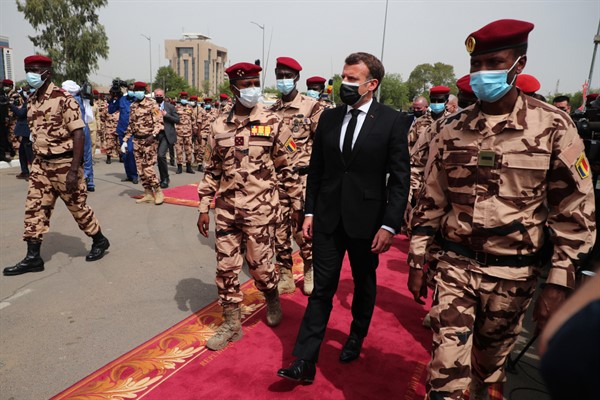It all started in late April with an open letter written by a group of 20 retired French generals and published in a right-wing weekly news magazine, Valeurs Actuelles, known for its inflammatory provocations. Describing France as teetering on the edge of civil war, the letter called on France’s civilian leadership to take action so the military wouldn’t have to.
With its reference to the threats posed by “Islamism and the hordes from the banlieues”—France’s peri-urban ghettos—and a form of anti-racism that “despises our country, its traditions, its culture,” the letter was more foghorn than dog whistle when it comes to the culture wars that have wracked France over the past year. And though the retired generals did not explicitly call for a military coup, the significance of the date their letter was published was lost on no one: April 21, the 60th anniversary of the failed 1961 putsch against then-President Charles de Gaulle in response to his decision to end the war, and with it French colonial rule, in Algeria.
The letter quickly snowballed into a political controversy when Marine Le Pen, the leader of the far-right National Rally party, responded with approval and called on uniformed service members to lend her their support. Le Pen was roundly condemned across France’s political spectrum for seeking to politicize the military. But given that 58 percent of French respondents to one poll agreed with the letter’s assessment of the country’s woes, it was an opportunity for Le Pen, who is almost assured a place in the second round of France’s presidential election next year, to position herself once again as a fearless iconoclast willing to buck the establishment consensus.

